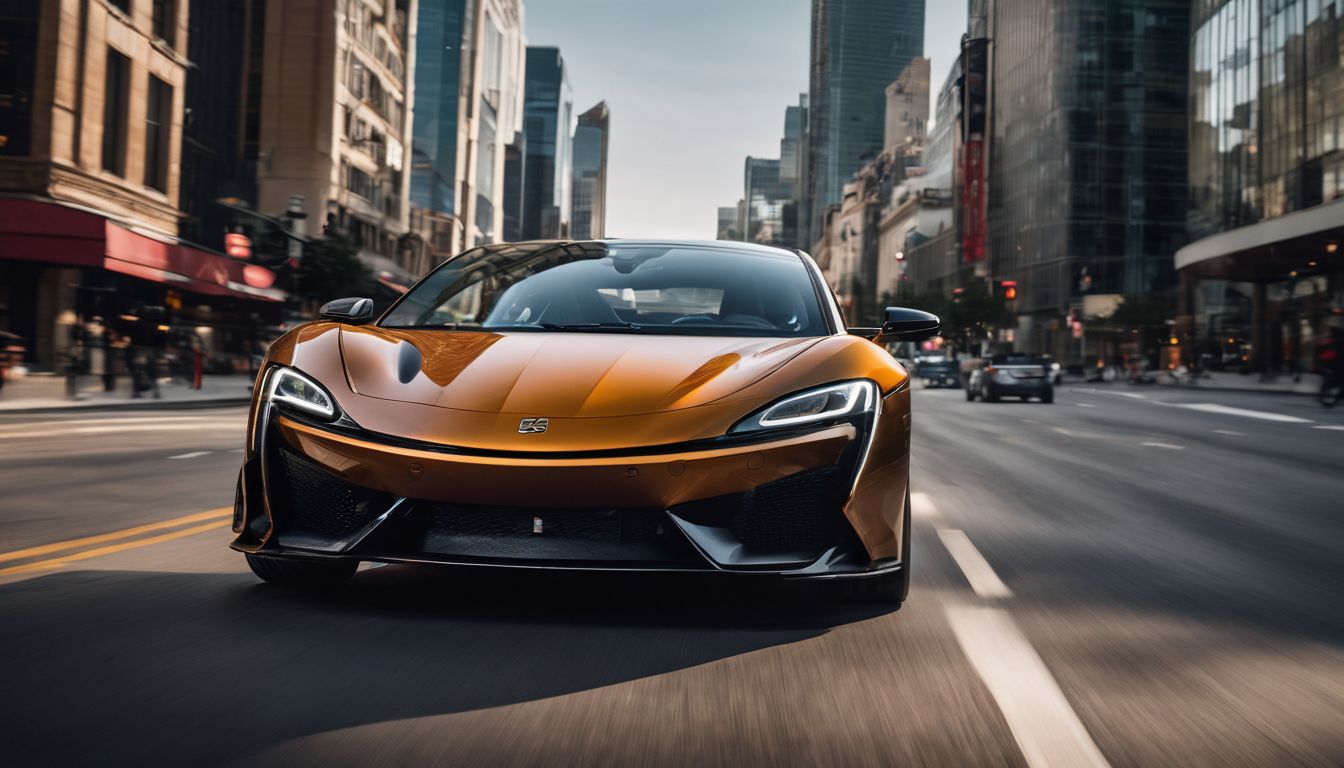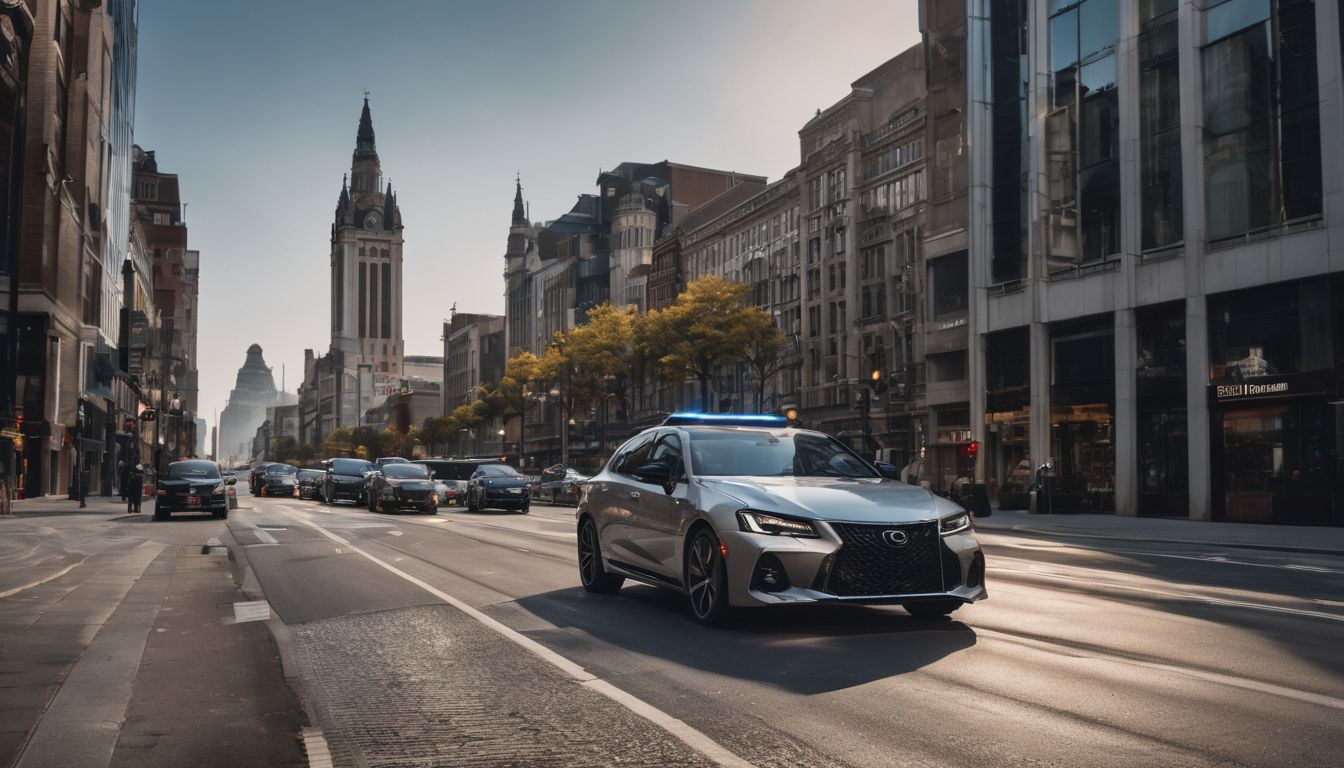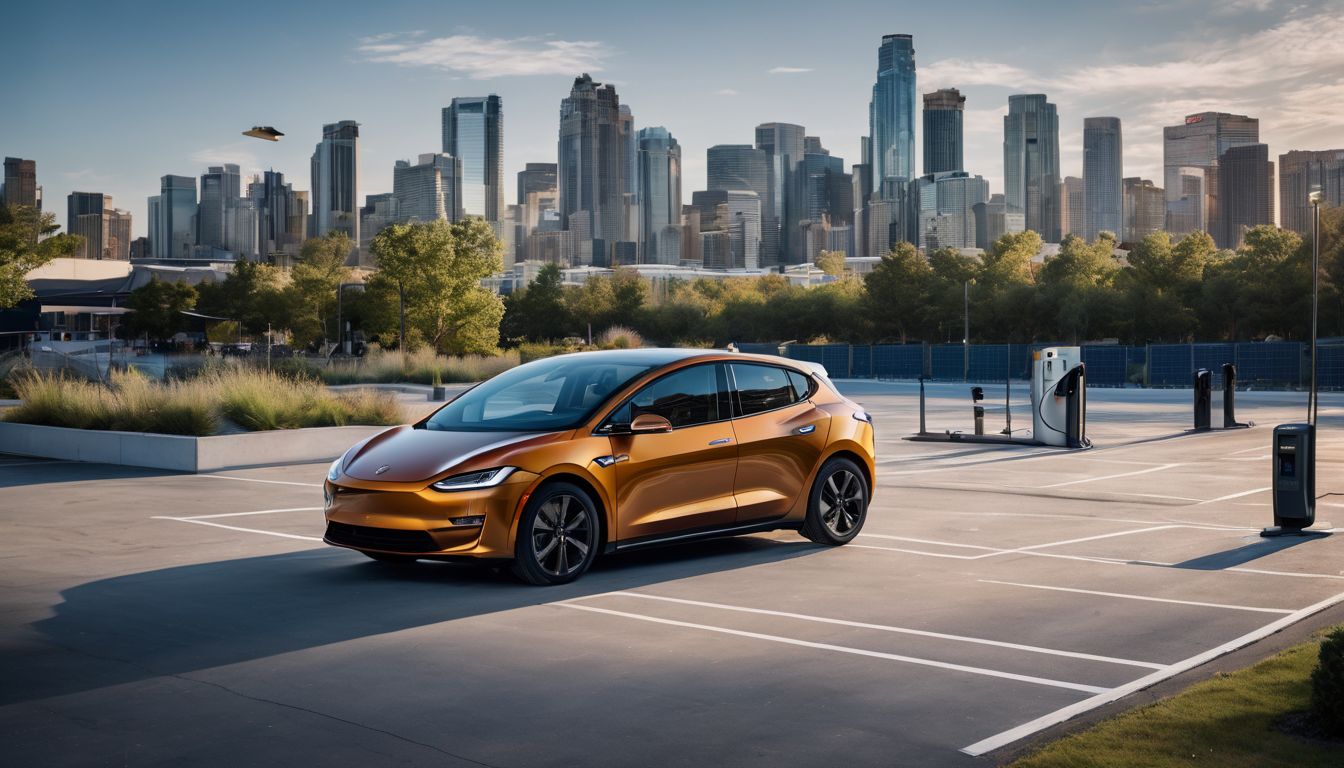At the forefront of the cleantech revolution, many residents of Silicon Valley are utilizing technology for sustainable living practices. Many local businesses, including tech companies, hotels, etc. are remodeling their buildings to be LEED certified, installing solar power panels, buying wind/water power, as well as adding charging stations to their parking lots for hybrid and electric vehicle owners.
Frequently referred to as the “new Detroit”, Silicon Valley is making great strides towards more eco-friendly roads through hybrid and electric vehicle innovation. Highly educated, environmentally conscious individuals are pushing for a higher production and increased efficiency in the hybrid car.
Many companies, such as Google, Hyperion, Bank of America, and Fairmont Hotel offer incentives to their employees and/or consumers to buy and use hybrid cars. These incentives include free parking, reimbursements, and a variety of discounts. By enticing others to purchase these vehicles, the companies are supporting green practices in and outside of the workplace, depicting the importance of sustainability practices to members of the community.
Since the first 4-door sedan hybrid made its debut in the United States in 2000, the average fuel consumption per person in Silicon Valley dropped by about thirteen percent whereas the entire state of California as a whole only experienced a drop in fuel usage per person by only two percent. Based on new car registrations in 2008, California has the highest number of hybrid sales. The San Francisco area including Silicon Valley has the most new hybrid sales after Portland, Oregon. Also California has about twelve percent of licensed drivers in the United States but holds a significant percentage, roughly twenty percent, of hybrid car owners. Over at Berkeley, the land of the liberal and radicals, about one out of every six car buyers purchases a hybrid vehicle—making Berkeley the city with the highest number of hybrid car owner rate in the state. Californian residents, specifically those of the Bay Area and Silicon Valley are statistically more likely to purchase hybrid vehicles.
In Silicon Valley, not only is there support for private consumer hybrid vehicles, but there is also support for hybrid taxis, buses, and trains. Silicon Valley Companies such as Atria Controls Inc. (Los Altos), Wrightspeed Inc. (Palo Alto), and Zap (Santa Rosa), are looking to create and widely distribute efficient subsystems for new hybrid cars. The subsystems such as lithium phosphate battery packs are to be distributed to taxi, truck, and bus makers.
As an alternative to purchasing these cars, there is always public transportation, carpool programs, or the ZipCar program where you rent a car as you need it. Arguably once the public transportation is perfected and made efficient it may prove to be a more sustainable practice, such as the subway system in Japan or the railways of Europe. To emulate the reduction in emissions, other locations can begin with the purchase of hybrid or electric vehicles, and Silicon Valley certainly has taken this environmentally progressive mission head on!




